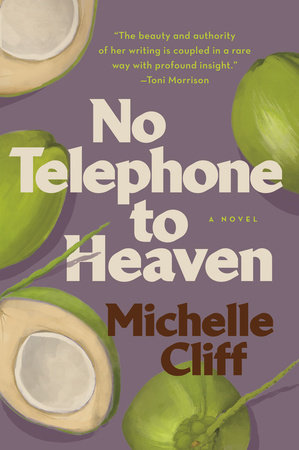A New Movie About Bob Kaufman, a Jewish African-American Street Poet Shrouded in MythPosted in Articles, Arts, Biography, Media Archive, United States on 2016-06-26 19:51Z by Steven |
A New Movie About Bob Kaufman, a Jewish African-American Street Poet Shrouded in Myth
Tablet
2016-06-24
And When I Die, I Won’t Stay Dead does little to dispel the mystery surrounding the artist, which is why it works.
Bob Kaufman Alley, in San Francisco’s neighborhood of North Beach, is tiny—narrow and hardly a block in length. Only a smattering of locals and dedicated poetry aficionados around the world remember whom it is named after—the eccentric street poet-prophet, whose personal history remains a mystery to this day. Kaufman’s improvised street performances, his 30 (or more) arrests, Jewish and Caribbean roots, involuntary shock treatment, and decade-long vow of silence are touched on in Billy Woodberry’s And When I Die, I Won’t Stay Dead, a new documentary that honors the poet’s work and life.
Though cleaned up, these streets still bear witness to the pulse of hipness and desperation that inspired Kaufman’s “Heavy Water Blues:”
Consolidated Edison is threatening to cut off my brain,
The postman keeps putting sex in my mailbox,
My mirror died, and & can’t tell if I still reflect,
I put my eyes on a diet, my tears are gaining too much weight
Here, a classic blues-styled litany of troubles meets urban imagery, surrealism, wit, playfulness, and puns. Though self-“reflection” is one of poetry’s trademark functions, this poet is no longer so sure he’s capable of reflecting, and in any case, his mirror stares back with Picasso-like enmeshment of the body and polis, violence, humor, and sorrow…




